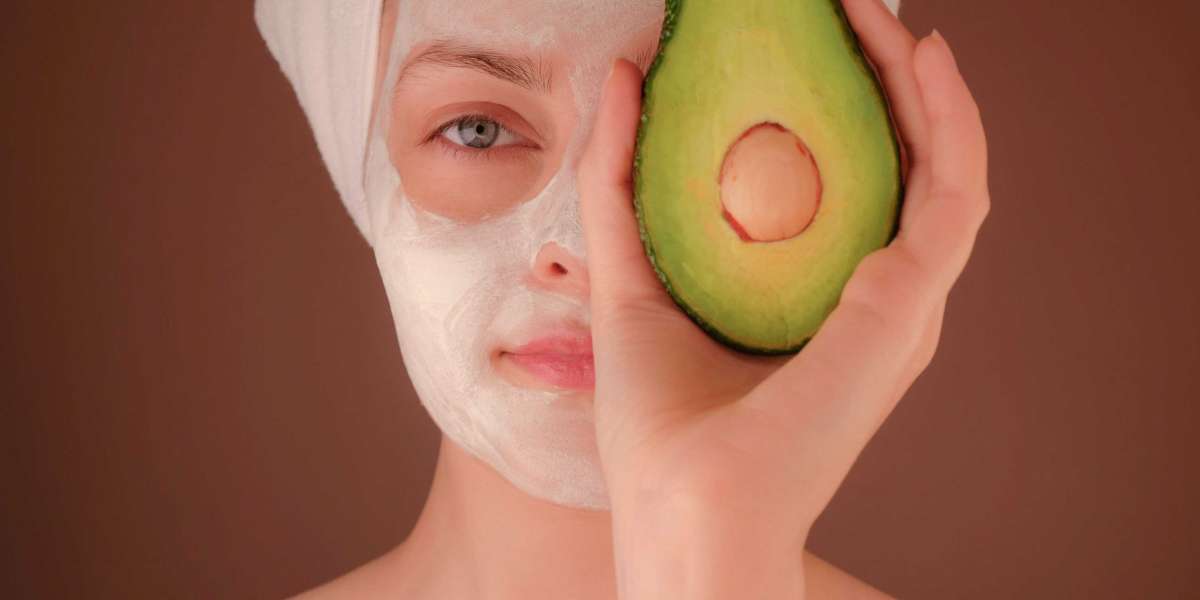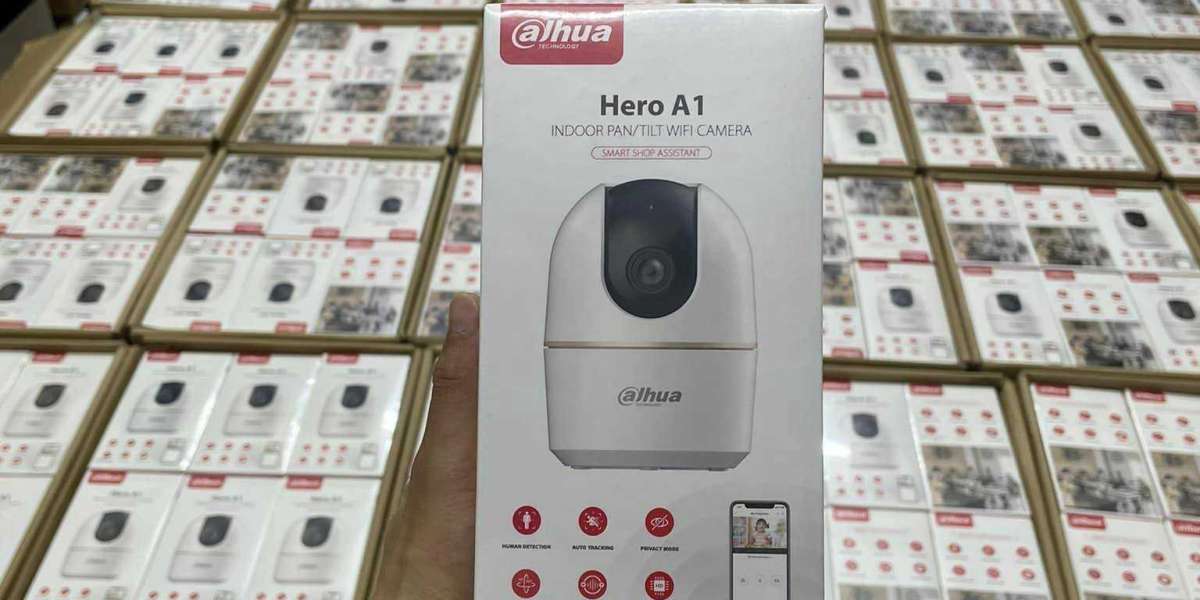Skincare products with harsh or irritating ingredients: Products containing high concentrations of alcohol, fragrance, or artificial colors can often cause irritation, dryness, or allergic reactions for some individuals. Examples include certain toners, cleansers, and exfoliants with abrasive particles.
Overly abrasive physical exfoliants: Skincare products that contain rough particles or granules can cause micro-tears in the skin, leading to irritation, redness, and increased sensitivity. Products with large or irregularly shaped exfoliating particles, such as walnut shell scrubs, are particularly harsh on the skin.
Skincare products with pore-clogging ingredients: Some skincare products contain comedogenic ingredients that can exacerbate acne or clog pores, leading to breakouts and congestion. Examples include certain heavy creams, oils, and silicones that may not be suitable for acne-prone or oily skin types.
Products with ineffective formulations or misleading claims: Skincare products that promise unrealistic results or rely on gimmicky ingredients without scientific evidence to support their efficacy may disappoint consumers. Examples include "miracle" creams that claim to erase wrinkles or products marketed as "natural" or "organic" but contain ineffective or potentially harmful ingredients.
Expired or poorly formulated products: Skincare products that have expired or undergone degradation due to improper storage or manufacturing practices may lose their effectiveness and could potentially cause adverse reactions. It's important to check product expiration dates and purchase from reputable brands with stringent quality control measures.
Products with sensitizing or allergenic ingredients: Skincare products containing common allergens or irritants, such as certain preservatives, fragrances, essential oils, or botanical extracts, can trigger allergic reactions or sensitivity in some individuals. Patch testing new products and avoiding ingredients known to cause sensitivity can help prevent adverse reactions.
Products that exacerbate specific skin conditions: Skincare products that worsen existing skin conditions, such as eczema, rosacea, or psoriasis, should be avoided. Certain ingredients, such as alcohol, fragrance, and harsh detergents, can further irritate sensitive or inflamed skin and may exacerbate symptoms.
It's important to note that individual experiences with skincare products can vary greatly, and what may work well for one person's skin may not necessarily work for another. Additionally, skincare concerns and needs can change over time, so it's essential to adapt your skincare routine accordingly and consult with a dermatologist if you have specific skin issues or questions.
St. Ives Apricot Scrub:
- Formulation: This physical exfoliant contains crushed walnut shells as the primary exfoliating agent.
- Issues: The coarse and irregularly shaped particles can cause micro-tears in the skin, leading to irritation, redness, and increased sensitivity. Additionally, the formulation may be too harsh for facial skin, potentially exacerbating acne and causing inflammation.
Neutrogena Oil-Free Acne Wash Pink Grapefruit Facial Cleanser:
- Formulation: This cleanser is formulated with salicylic acid and grapefruit extract to target acne-prone skin.
- Issues: Despite its intended use for acne, the high concentration of fragrance and drying agents in this product can strip the skin of its natural oils, leading to dryness, irritation, and potential over-drying of the skin, which can worsen acne.
Proactiv Solution Acne Treatment System:
- Formulation: This three-step system includes a cleanser, toner, and treatment lotion containing benzoyl peroxide as the active ingredient.
- Issues: While benzoyl peroxide is effective for treating acne, this system has been criticized for its high cost, potential for skin irritation and dryness, and lack of individualized treatment options. Some users have reported experiencing severe skin reactions, including burning, peeling, and redness.
Biore Deep Cleansing Pore Strips:
- Formulation: These pore strips are designed to remove blackheads and unclog pores by adhering to the skin and pulling out impurities.
- Issues: While pore strips can provide temporary relief by physically removing debris from the skin's surface, they can also cause irritation, redness, and damage to the skin's protective barrier. Pore strips may not effectively remove deeply embedded blackheads and can exacerbate pore size over time.
Lemon Juice as a DIY Skincare Ingredient:
- Formulation: Lemon juice is sometimes used in DIY skincare recipes as a natural remedy for acne and hyperpigmentation.
- Issues: Despite its acidic nature, lemon juice can be highly irritating and sensitizing to the skin, especially when applied undiluted. It can cause chemical burns, photosensitivity, and worsen existing skin conditions. Additionally, the pH of lemon juice may disrupt the skin's natural acid mantle, leading to imbalance and increased vulnerability to environmental aggressors.
Alcohol-based Toners:
- Formulation: Some toners contain high concentrations of alcohol (denatured alcohol or SD alcohol) as a primary ingredient.
- Issues: While alcohol-based toners may provide a temporary sensation of tightness and oil control, they can also strip the skin of its natural moisture, leading to dryness, irritation, and disruption of the skin barrier. Prolonged use of alcohol-based toners can exacerbate dehydration, trigger inflammation, and compromise the skin's protective functions.
DIY Baking Soda Scrubs:
- Formulation: Baking soda is sometimes used in DIY skincare recipes as an exfoliant to slough off dead skin cells and remove impurities.
- Issues: Despite its abrasive texture, baking soda is alkaline in nature and can disrupt the skin's natural pH balance, leading to irritation, inflammation, and compromised skin barrier function. Baking soda particles can create micro-tears in the skin, causing damage and exacerbating existing skin conditions.
These skincare products have been criticized for their potential to cause irritation, dryness, sensitivity, and other adverse effects on the skin. It's essential to choose skincare products with gentle, non-irritating formulations tailored to your skin type and concerns. Additionally, consulting with a dermatologist can help you select effective skincare products and establish a personalized skincare routine.








